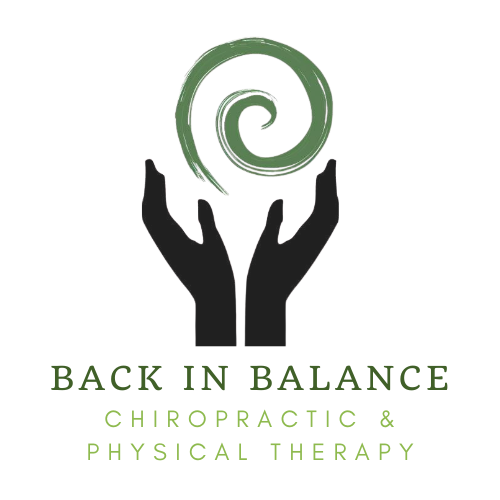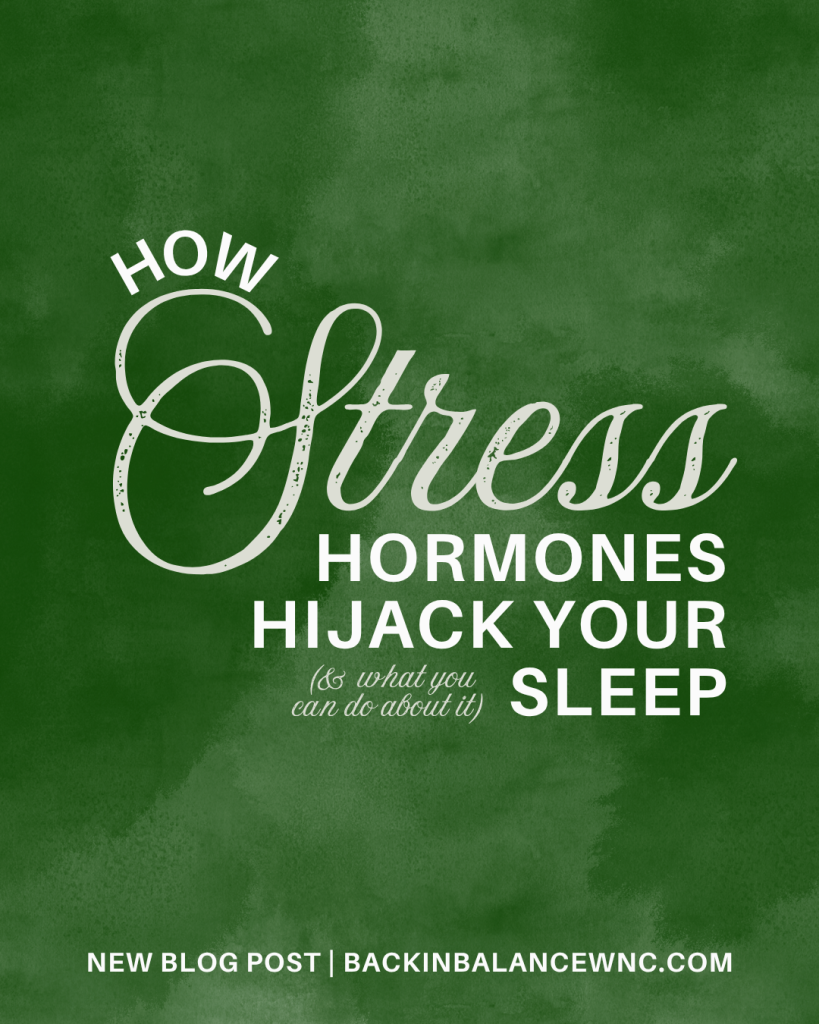We’ve all had those nights: lying in bed, eyes wide open, mind racing, body buzzing like it missed the memo that it’s time to rest. You’re exhausted, yet somehow wired. The culprit? Stress hormones.
The Stress-Sleep Connection
When your body perceives stress, whether it’s a looming deadline, an unresolved argument, or even too much screen time before bed, it releases cortisol and adrenaline. These hormones are designed to help you stay alert and ready for action (think: “fight or flight”).
The problem? Your brain and body don’t always recognize the difference between an actual emergency and the everyday pressures of modern life. That “revved-up” state can last long after the stressor is gone, keeping your nervous system in go-mode when it should be shifting into rest-and-repair mode.
What Happens When Cortisol Stays High
Difficulty falling asleep: Your mind won’t quiet down.
Frequent waking: You might toss and turn or wake up in the middle of the night.
Poor quality sleep: Even if you sleep through the night, it doesn’t feel restorative.
Over time, this cycle of stress and disrupted sleep can leave you feeling depleted, foggy, and more vulnerable to illness and pain.
Breaking the Cycle: What You Can Do
The good news is you can train your nervous system to shift out of stress mode and back into balance.
→ Chiropractic Care
Adjustments help restore proper alignment, reducing physical tension and calming nervous system overstimulation. Patients often report sleeping more deeply after care because their bodies finally have permission to relax.
→ Evening Rituals
Create a buffer zone between your day and your sleep. Try stretching, journaling, or using our Stress Less Essential Oil Roll-On to cue your body toward calm.
→ Breathwork & Relaxation
Slow, deep breathing activates your parasympathetic nervous system, the “rest and digest” mode that counters cortisol’s effects. Just a few minutes before bed can make a big difference.
→ Consistency Counts
Going to bed and waking up at consistent times helps retrain your body’s circadian rhythm, making it easier to fall asleep and stay asleep.
The Bottom Line
Stress is part of life, but it doesn’t have to rob you of rest. By understanding how hormones like cortisol hijack your sleep and by taking steps to reset your nervous system, you can finally get the deep, restorative rest your body craves.
We’re here to support your whole-body wellness, from spinal alignment to stress resilience. Because when your body is balanced, sleep comes more naturally.




